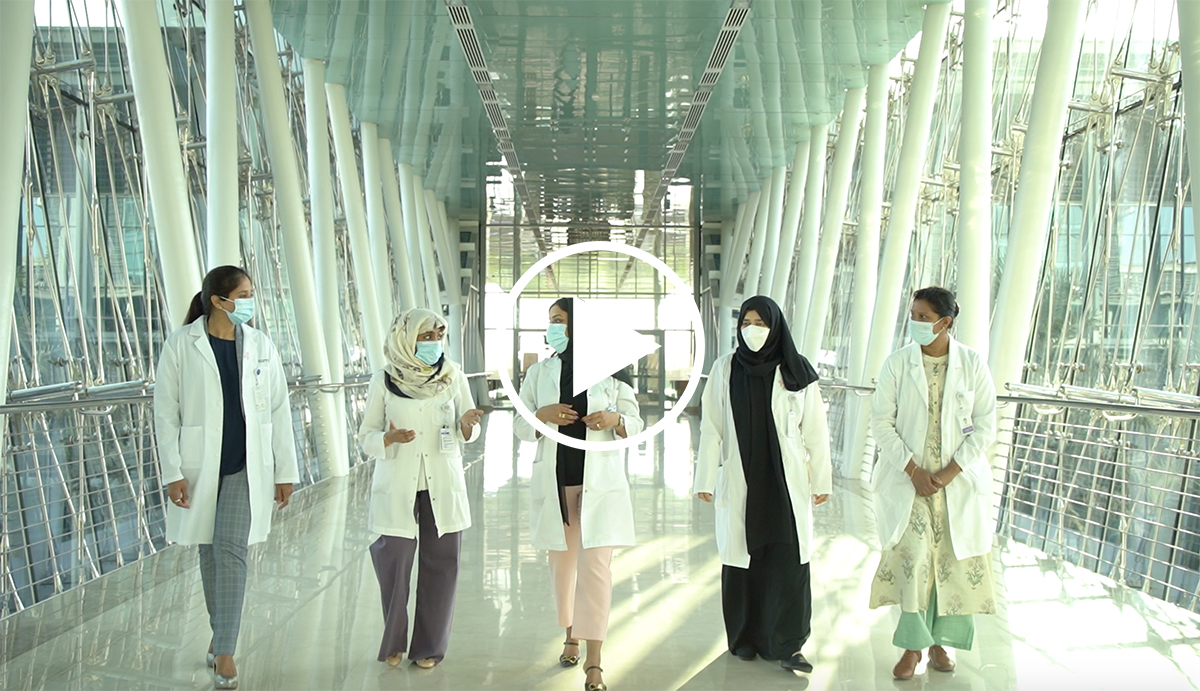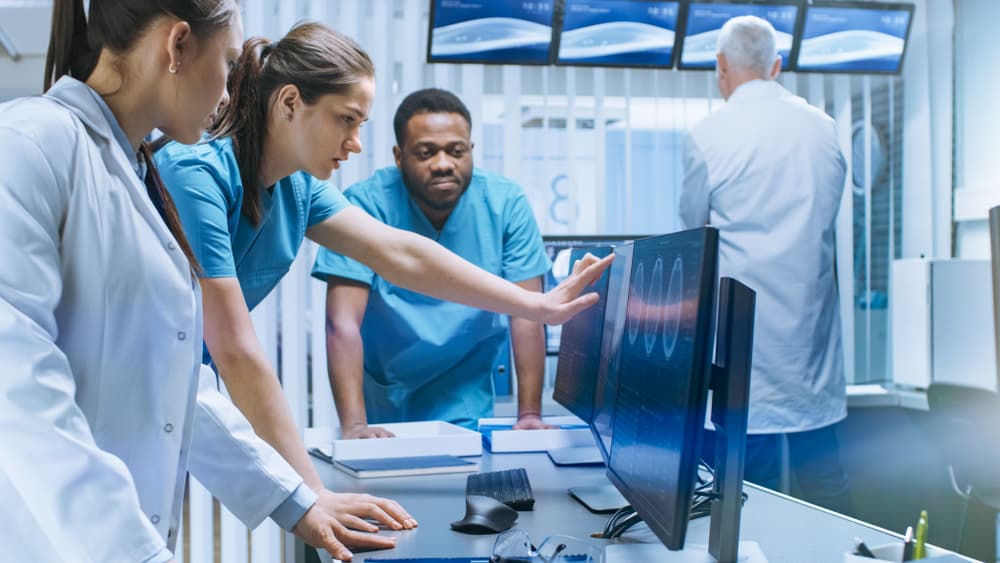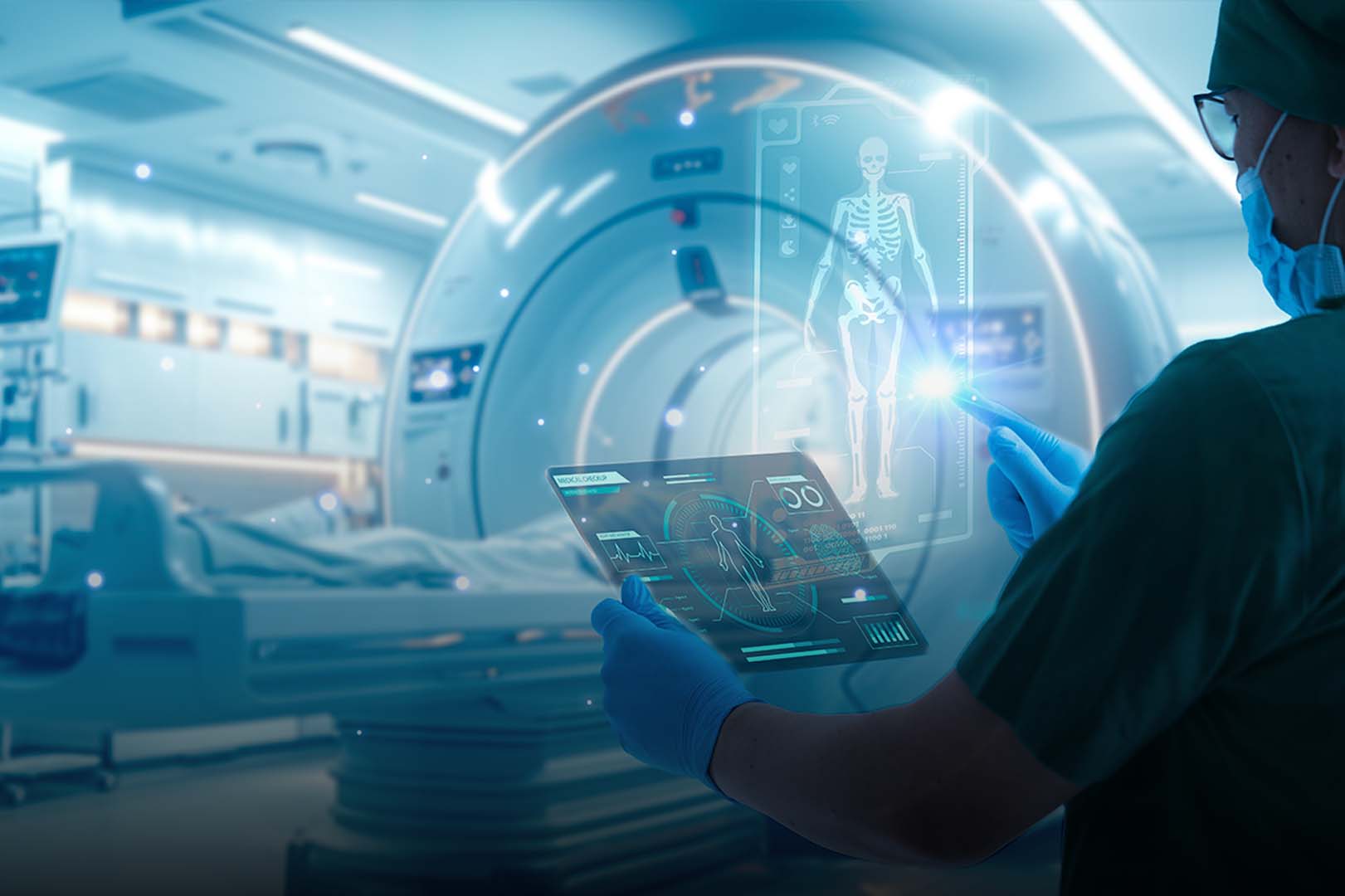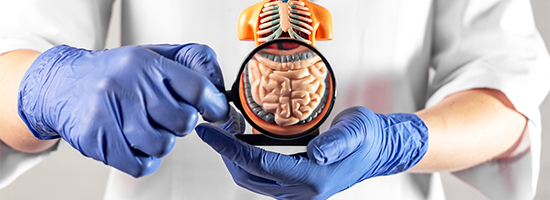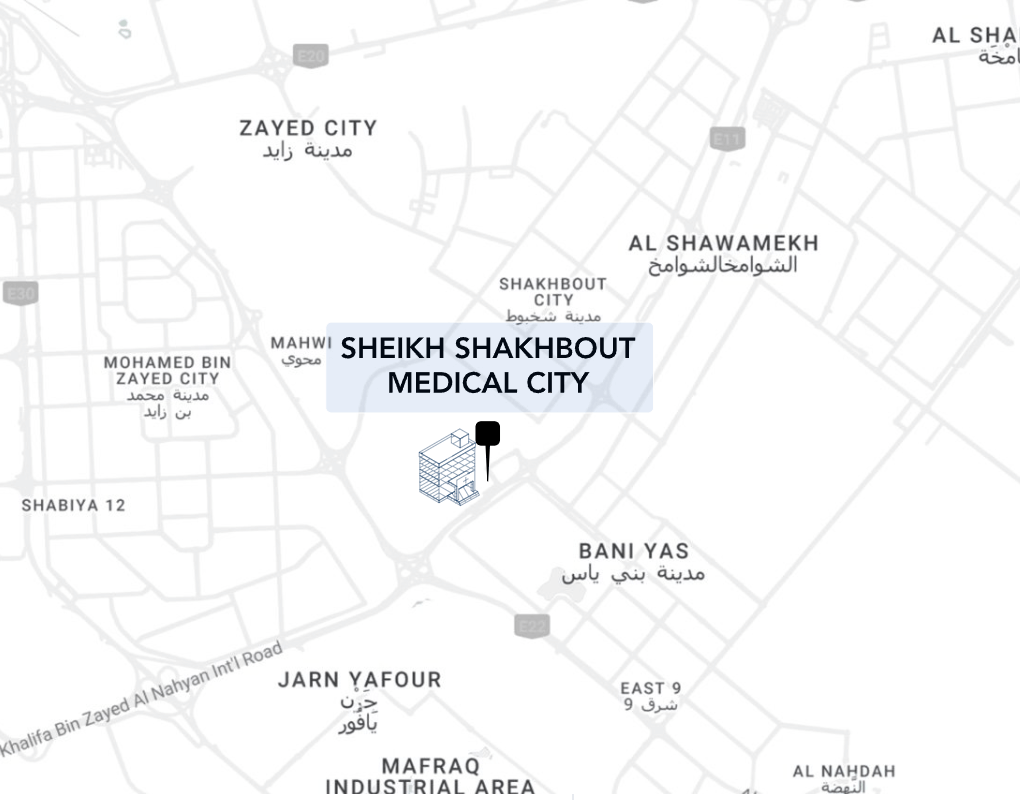About Colorectal Cancer
Colorectal cancer is a type of cancer that can occur in the colon or the rectum. It starts as a small, noncancerous growth called polyps on the lining of the colon, which can turn into cancer over time. To prevent this, doctors can perform a colonoscopy, which is a test that looks for these polyps and removes them before they become cancerous.
Getting a colonoscopy can also help doctors catch colon cancer early, which can increase the chances of survival by 90%. It is recommended that people over 40, those who are obese or have diabetes, and those with a family history of colorectal cancer get screened regularly.
Get screenedColorectal Cancer in Numbers

Colorectal cancer is the third most common cancer in Abu Dhabi and worldwide

More than 80% of all colorectal cancers are found in men and women who are 40 years and older
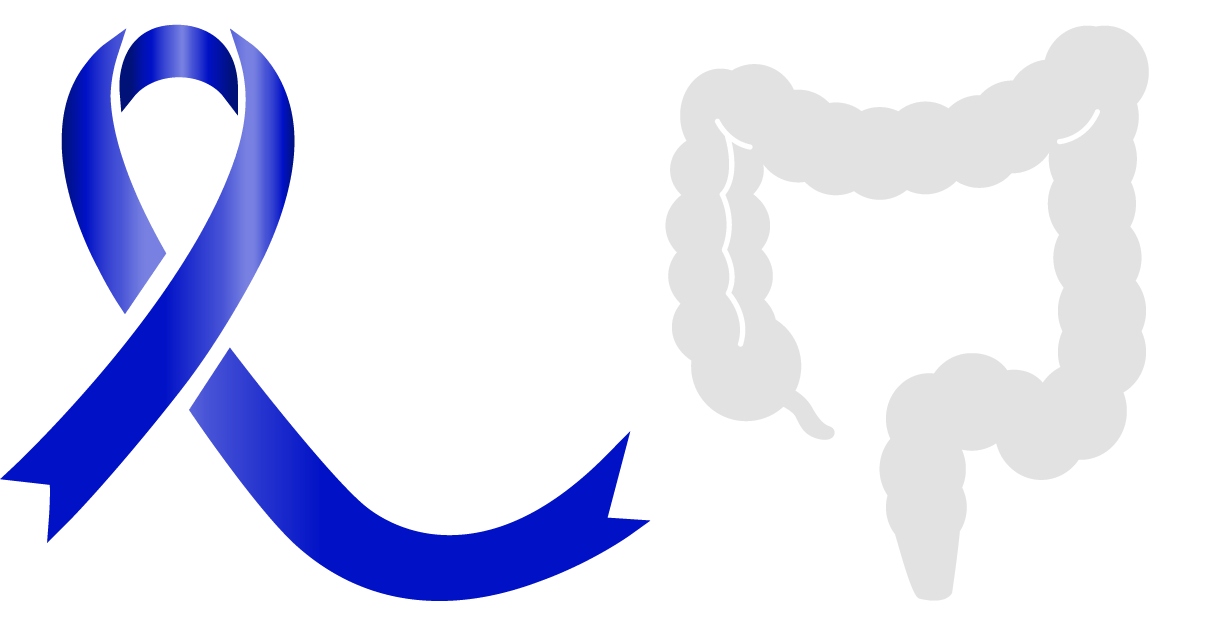
95% of colorectal cancer cases are curable if detected early

Our 2022 Colorectal Cancer Survey found that:
88% of people have never been screened for colorectal cancer

Our 2022 Colorectal Cancer Survey found that:
36% of those who had undergone screening only attended once per year

Our 2022 Colorectal Cancer Survey found that:
63% of people indicated that a lack of symptoms is the main reason they will not undergo screening
Diagnostic Care at SSMC
In line with our deeply rooted values focused on always putting your needs first, we offer a comprehensive, compassionate, and multidisciplinary approach that incorporates all available therapies to ensure you get the best possible preventive and corrective care in the region.
We offer a range of diagnostic tests, depending on individual symptoms and history.
Colonoscopy to screen for colon cancer and to explore possible causes of abdominal pain, rectal bleeding, chronic constipation, chronic diarrhoea, and other intestinal problems.
Get screenedGI Genius Technology - AI-Powered Screening
A cutting-edge artificial intelligence (AI) system used to perform gastrointestinal endoscopy procedures for the diagnosis of colon polyps. The GI Genius technology offers one of the highest accuracies in polyp detection compared to other diagnostic technologies, minimising the risk of fatalities from colon cancer by 50%.
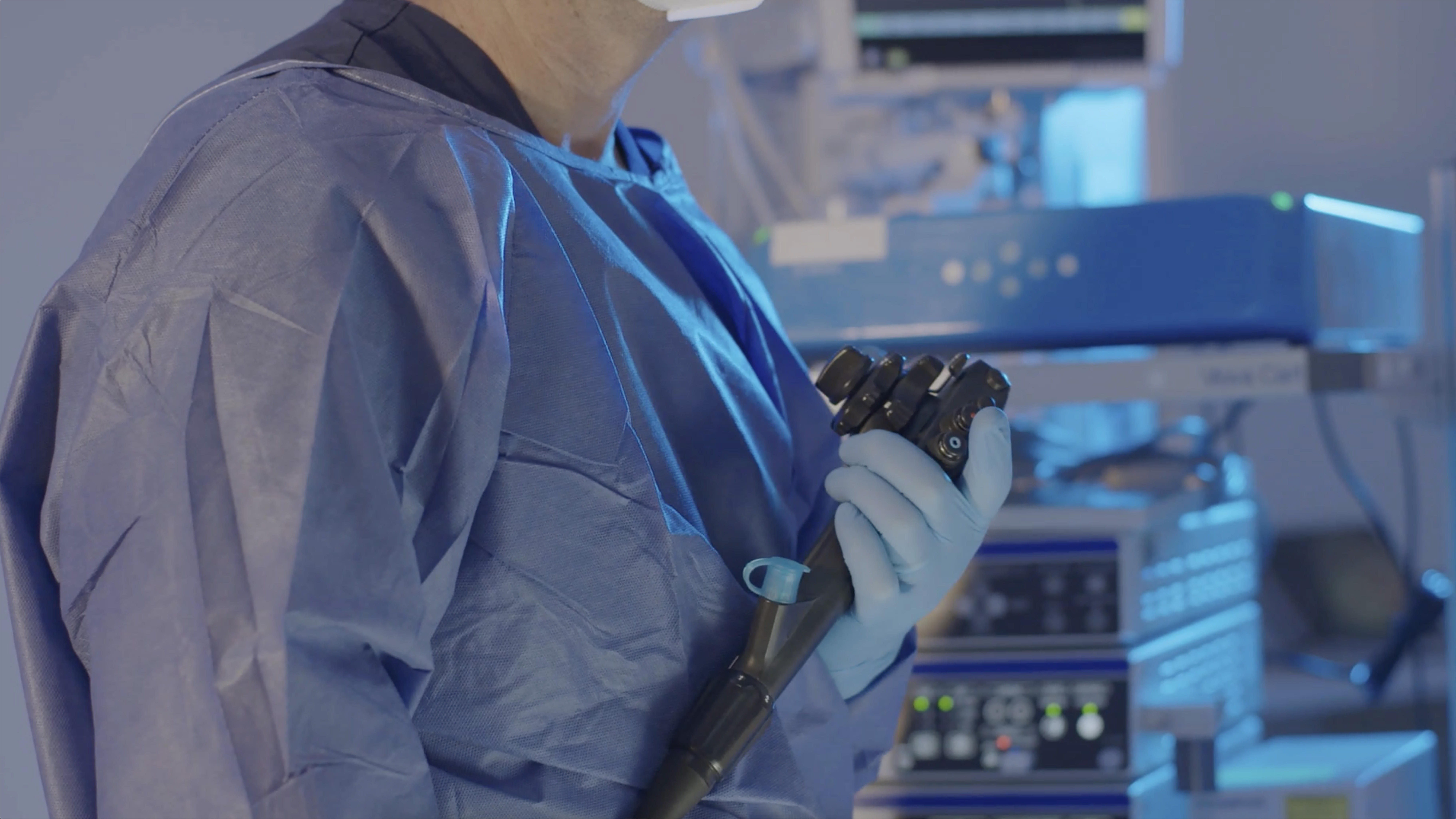
Treatment Options
Our multidisciplinary team of gastroenterologists, colorectal surgeons, oncologists, radiologists, pathologists, and other specialists ensure that you receive comprehensive, innovative, and supportive care.
Our multidisciplinary female-only team consists of skilled specialists dedicated to providing personalised care tailored to unique women’s needs, bringing expertise and empathy to every aspect of diagnosis, treatment, and support.
Our surgical treatment options include the full range of laparoscopic and robot-assisted colorectal procedures, which reduce pain, blood loss, and recovery time, and help patients to preserve normal function and avoid colostomy bags.
Book a consultationPatient Success Stories
Due to feeling tired and having abnormal black stool, I went to the hospital in 2017 and did a general check-up. For fear of discovering a serious disease, I did not see any other physician to complete the investigations and screening. After 2 years, I experienced immense pain in my abdomen whenever I drank water or ate. Upon examination, it was confirmed that I have colon cancer that had spread to my liver at its last stages. In 2020, I did an additional surgery to remove a quarter of my liver followed by HIPEC in order to increase recovery chances. I am currently living with the disease; I urge everyone to start screening at the age of 40 and not to ignore the symptoms to prevent the cancer from developing. Early detection will improve the chances of recovery before it is too late. During the course of my journey, art has helped me get out of this world and heal my pain – my positivity and love for life helped me to keep going until now.
- Ayman, 56 years old
After I went to a clinic because of stomach pain, I was referred to SSMC’s GI clinic with Dr. Inas Mikhail. A colonoscopy was recommended, and they discovered the polyps during the procedure using AI Genius for better detection. As a result, Dr. Inas Mikhail, Dr. Noura Al Ali and Dr. Robert Church asked me to undergo surgery immediately to remove the polyps. Following the diagnostic tests done by Dr. Najla, the polyps appeared to be precancerous. It would have been necessary for me to undergo chemotherapy and radiotherapy if the precancerous polyps had developed into cancerous ones without early screening. Screening regularly can help detect cancer early, enabling easier and better treatment; it is important even if no symptoms are present.
- Huda, 45 years old
I visited SSMC's Emergency Department due to excruciating pain in my abdominal area. I was diagnosed with appendicitis and underwent surgery for that. During the surgery, the general surgeon discovered a tumour in my colon. Dr. Noura Al-Ali and Dr. Faek Al Jamali, both general and colorectal surgery consultants at SSMC, performed a robotic-assisted right hemicolectomy with complete mesocolic excision and resection of the terminal ileum following my appendectomy. I am so grateful for the vigilance the team at SSMC displayed. Had it not been for them, I would have never known or would have found out when it was too late.
- Bedoor Alhammadi, 25 years old
After facing persistent colorectal-related symptoms, I decided to visit a gastroenterologist at SSMC where I was asked to get a colonoscopy. Following my screening, I was diagnosed with stage 4 cancer. The diagnostic care I received as SSMC helped me get the treatment I needed. I am currently receiving two doses of chemotherapy at SSMC, and my care team there keeps me hopeful.
- Fareed Jaafar, 70 years old
After a lengthy battle with painful symptoms, I gave in to my fear of hospitals and consented to get a colonoscopy done. The screening detected a tumour that needed both surgery and chemotherapy to treat. Not only was my surgery successful at SSMC but also the medical team responsible for treating me has been so supportive throughout my journey, and for that I am very grateful.
- Nassra Alyahyaei, 50 years old

